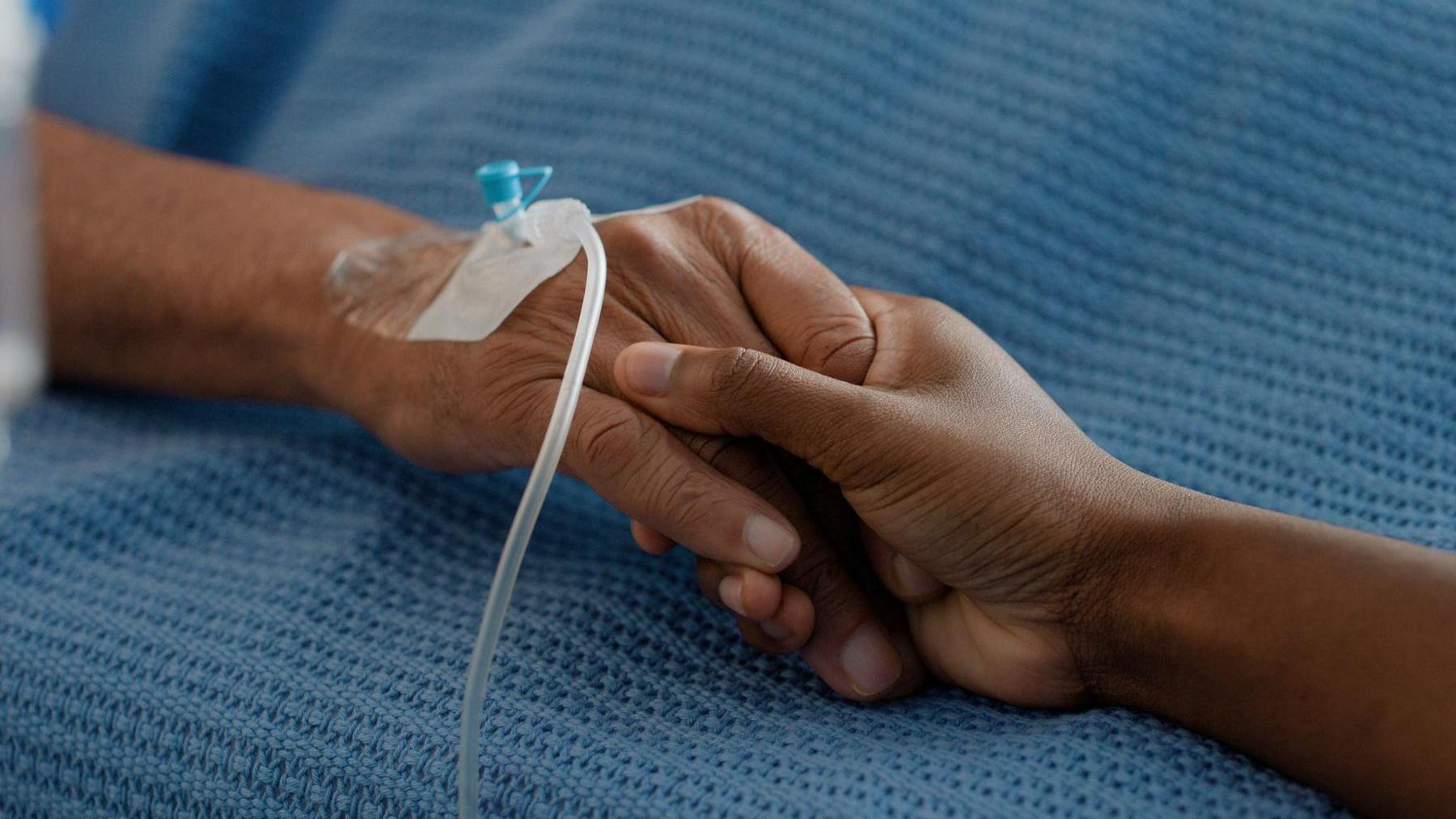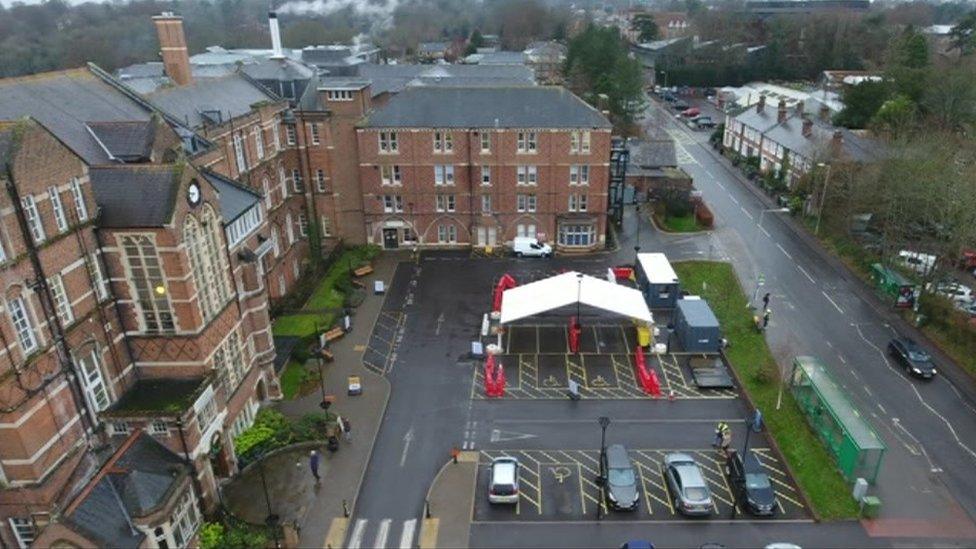Repeat A&E patients account for one in seven visits

Researchers found repeat visitors were more likely to live in deprived areas
- Published
Repeat A&E patients account for almost one in seven visits to hospital emergency departments in Dorset, according to a new study.
British Red Cross researchers found 1.7% of the county's population accounted for 13.8% of all A&E attendances.
They said regular visitors tended to live in deprived neighbourhoods and that their cases were more likely to be classed as urgent by doctors.
The report, which reviewed five years' worth of data, concluded the needs of these people were "consistently not being met".
Call to tackle underlying causes of ill health
"Millions of people go to A&E when they have an accident or are in desperate need of care but some people have to attend more than others," said Beatrice Butsana-Sita, British Red Cross chief executive.
She said the charity's teams working with the NHS regularly saw people facing a range of issues, "from isolation to inadequate housing".
The study's authors found people aged in their 70s, with two or more long-term health conditions, were more likely to be repeat visitors to A&E.
Another group of regular attendees were found to be those aged 20 to 49 with mental ill health.

Ms Butsana-Sita said community services needed more resources
Both groups of people were also more likely to arrive at hospital by ambulance and attend GPs more frequently.
Many people are making repeat trips to emergency departments because of unresolved medical issues and other unmet non-clinical needs, the authors said.
Ms Butsana-Sita said the research added further urgency to tackling the underlying causes of ill health, resourcing vital community services and creating more high-intensity use of A&E services.
"This will help make sure the right services are in place to support people... before they reach crisis point," she added.
Get in touch
Do you have a story BBC Dorset should cover?
You can follow BBC Dorset on Facebook, external, X (Twitter), external, or Instagram, external.
See also
- Published6 June 2024

- Published22 November 2024

- Published1 December 2023
